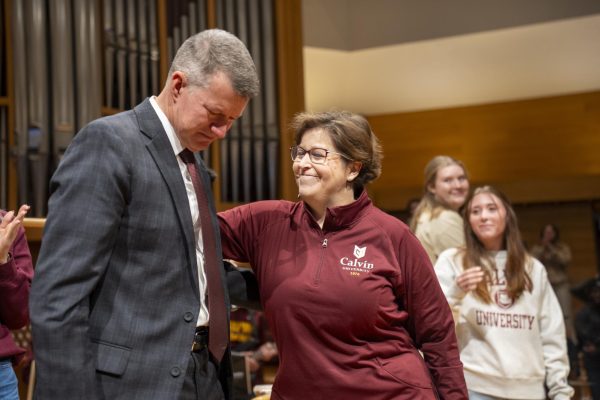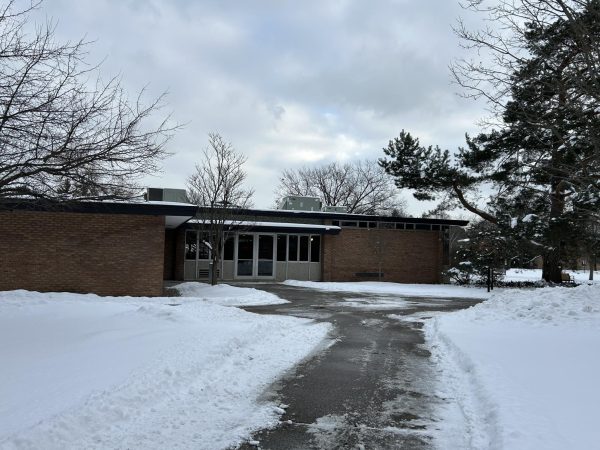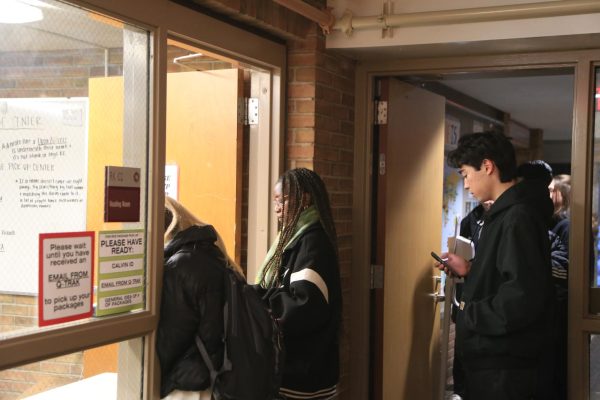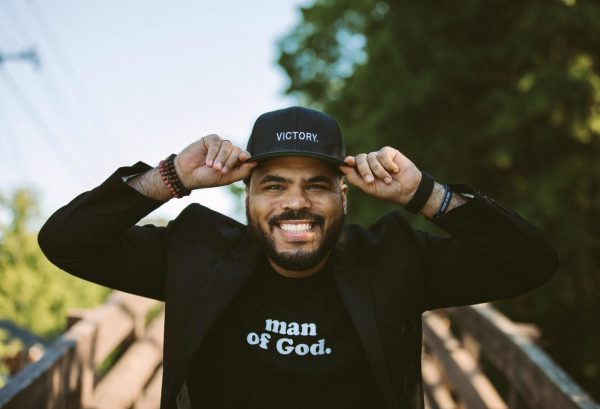Faculty senate approves new core curriculum proposal
At their final meeting of the year on April 25, faculty senate approved the structure for the new curriculum. The model was brought to faculty senate by the core curriculum committee (CCC) and the educational policy committee (EPC), and it is the end result of numerous rounds of input and revision dating back to 2010.
On Monday, May 2, a full faculty assembly will meet to vote on the core model. Faculty senate has advised the assembly to abide by certain rules, such as not allowing amendments and requiring a 60 percent supermajority to approve the model, but these rules must be approved by the full assembly itself.
Elizabeth Vander Lei, academic dean and member of EPC, called the model a “modest revision” to the core curriculum that focuses on making the core consistent, accessible and “coherent.”
The new model consolidates the many exceptions currently held by various academic programs into two “tracks.” Track I, which is for students in BA, BSW, SPAUD and education programs, includes the full core, while Track II, designed for BS and BCS degrees as well as the accountancy, engineering and nursing programs, requires fewer classes.
The current core has 19 categories that are arranged roughly by department, while the new model includes 12 categories that are focused instead around student learning outcomes (SLOs). All 12 categories are included in both tracks, though Track II has smaller requirements in world languages, social sciences and natural sciences. This is in contrast to the current core, which allows students in some programs to be exempt from certain categories entirely.
The purpose of aligning the core curriculum more closely with SLOs is to make it more assessable.
“With 12 categories focused around SLOs, figuring out if our teaching [of the curriculum] matches what we say we’re teaching is a whole lot easier,” Vander Lei said.
Cross-cultural engagement (CCE) is no longer a separate requirement in the proposed core. The student learning outcomes about diversity and inclusion, which stem from Calvin’s “From Every Nation” document, will still have to be met, but core classes may no longer be the only place where that happens.
“It may be that the core curriculum can work with the co-curriculum and major programs to satisfy the CCE SLOs,” Vander Lei said. “We need to work with students holistically to prepare them for lives of service.”
Also cut from the core is Foundations of Information Technology, while physical education is reduced from three credits to two.
Much of the discussion and controversy during faculty senate meetings about core surrounded the world languages. In the final proposal, Track I will require a course roughly equivalent to those numbered 202 in the current core. Track II will require something analogous to 201. Both of these requirements were increased from early drafts of the model after world language faculty made several overtures to faculty senate.
The Developing a Christian Mind (DCM) requirement will be removed from Interim, but exactly how it will be included in the new curriculum is part of a list of summer work for EPC and CCC to handle if the model is approved on May 2.
Many faculty members voiced concerns about whether students in large programs will still be able to complete their degrees in four years. According to Dean Stan Haan, the engineering program in particular will remain doable in four years as long as students arrive with the recommended high school preparation (including two years of foreign language) and use Interims effectively.
Vander Lei said that, in the wake of this year’s prioritization decisions, economic efficiency was a primary consideration in the construction of the curriculum:
“You don’t go through the cost-cutting moves that we did that were so painful and then not attend to what things cost. We were chastened by that experience, and we want a core that is economical.”
The primary goal of the core, however, is to ensure that what students are actually learning lines up with what Calvin has committed to teaching them in its foundational documents like “From Every Nation” and “An Engagement With God’s World.”
“We really want to educate [students] well, and we’d like to feel comfortable that we are doing what we say we are doing,” Vander Lei said.







